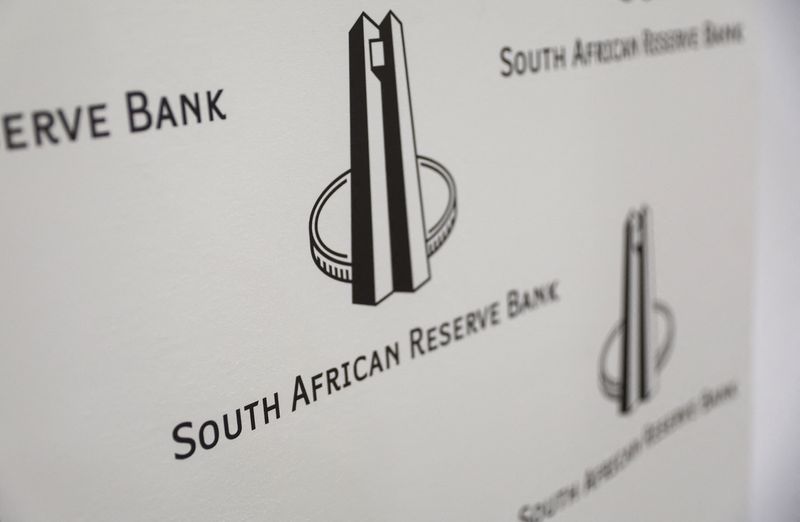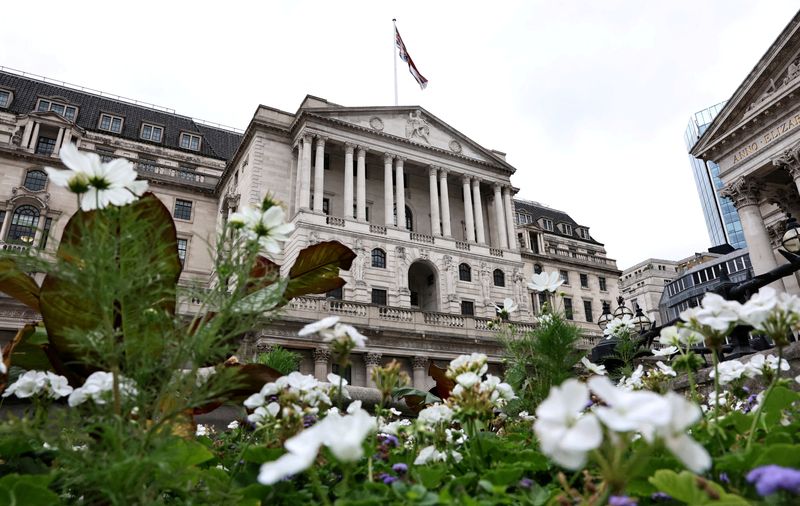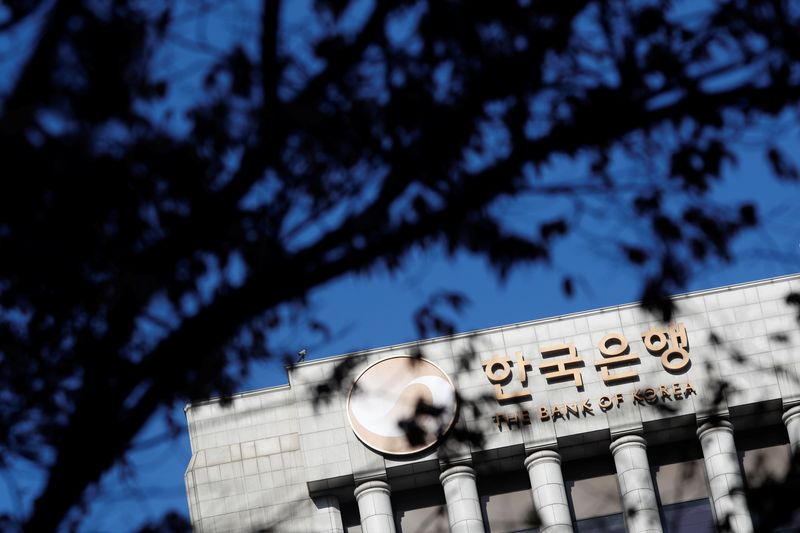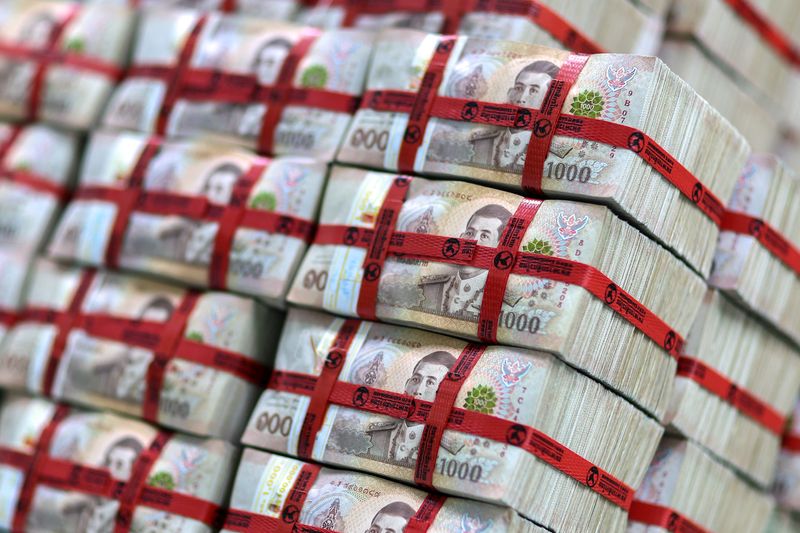South African central bank holds key rate to assess impact of earlier cuts
NeutralFinancial Markets

The South African central bank has decided to maintain its key interest rate as it evaluates the effects of previous rate cuts on the economy. This decision reflects a cautious approach to monetary policy, aiming to balance economic growth with financial stability. By holding the rate steady, the bank seeks to ensure that any potential benefits from earlier cuts are fully realized before making further adjustments.
— Curated by the World Pulse Now AI Editorial System
















